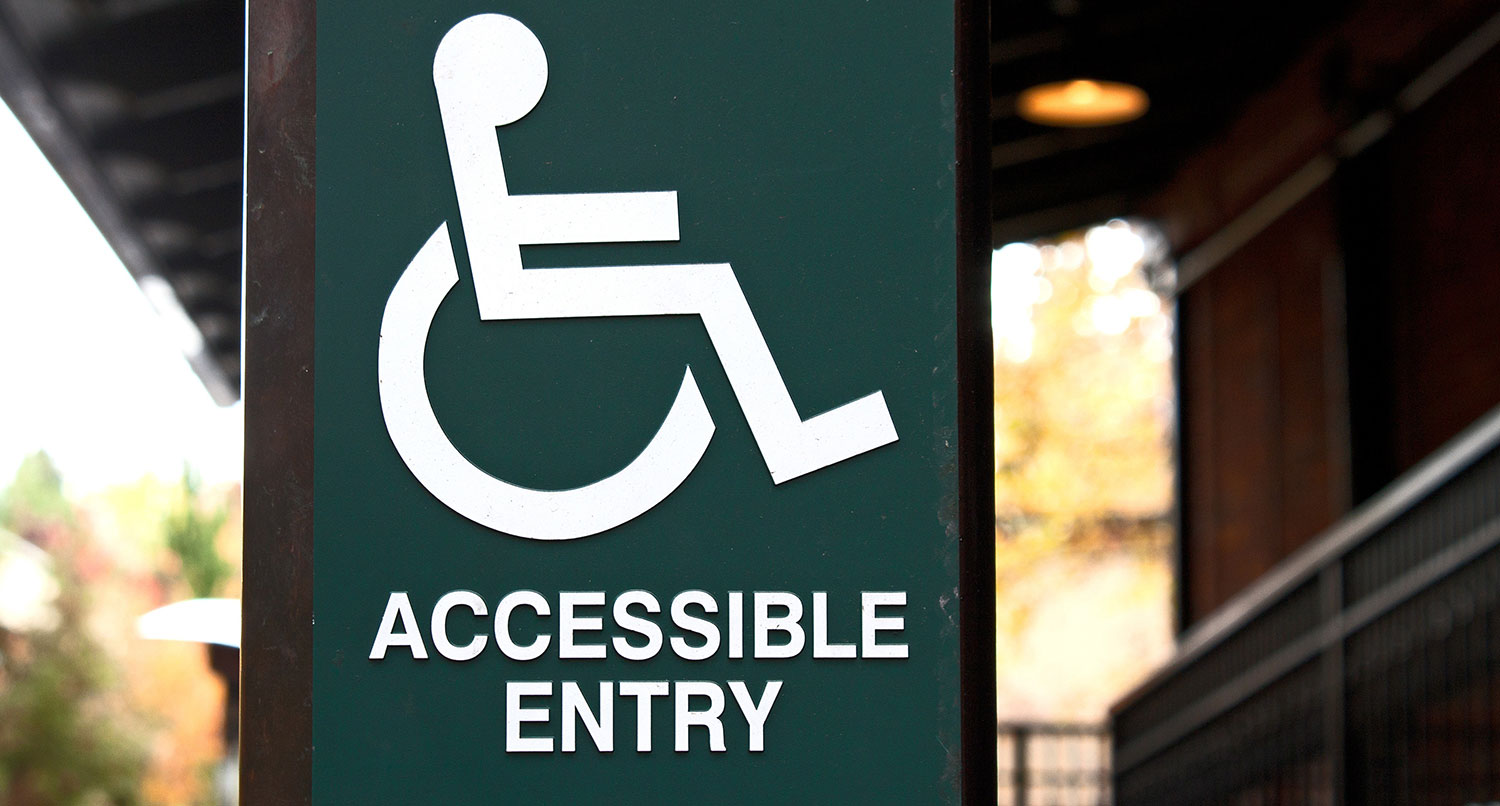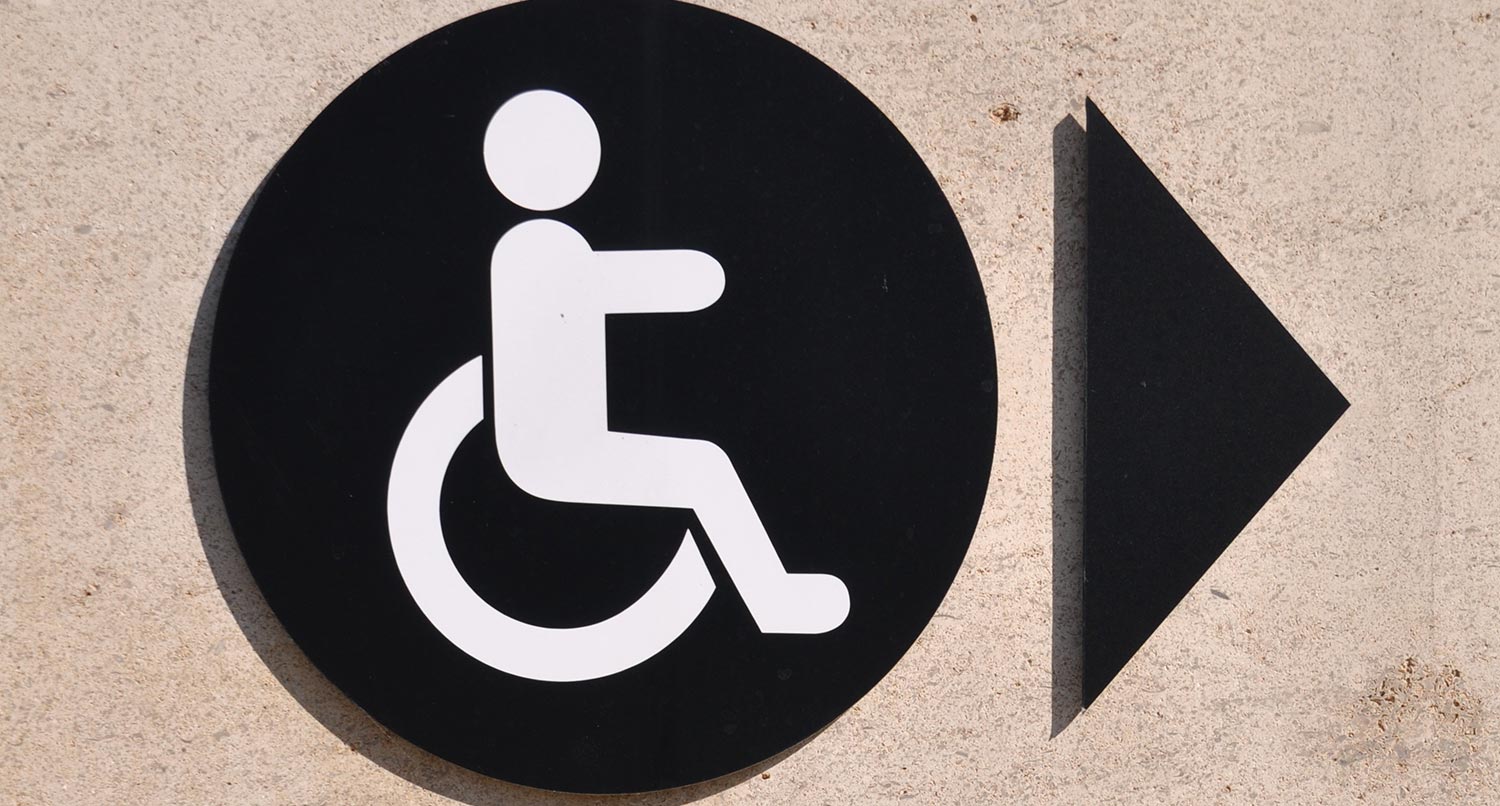
Understanding Website Accessibility
Website accessibility is no longer an optional feature. It is a requirement for being on the internet today. You need to be making your website accessible.
But what does being accessible entail? It’s making sure people who use something other than a mouse can use your website the same way mouse users can. It’s making sure people can see the words because you have the right color contrast. And it’s making sure images have descriptive alternative text.
That seems like a lot. And it can feel so overwhelming when you start looking into it. We’ve all been there. But once you sit down and start to learn and start to fix some of the errors, it will all start to make sense.
This journey will give you blog posts, videos, resources that can help you learn web accessibility. And then you can begin to work to make your website accessible.
Because everyone — everyone — should be able to use your website no matter what technology they use to browse the web. Accessibility matters.
What is Web Accessibility and Why Does It Matter?
Web accessibility is essentially making sure that everyone can use your website, no matter if they use a traditional mouse, just a keyboard, a screen reader or some other assistive technology.
To be honest, it is a process. It’s not something that you can fix with a snap of your fingers (no matter what others might try to tell you). You have to work at it and make it a priority. And that doesn’t just go for web developers and designers. It’s for anyone who creates content on a website (including social media).
Because at the end of the web accessibility matters because everyone should be able to use the web no matter what technology they use to browse the web.
Accessibility Tools and Guidelines
The good news is that when it comes to accessibility, you’re not just wandering aimlessly around trying to make your website accessible. There are guidelines and tools that you can use to check your site to see if it’s accessible.
The number of automated tools that can help you out have exploded in numbers in recent years, which is great. They can help you start to find errors that need to be fixed, and some of them will even tell you how to fix them. But you will also need to do manual testing (i.e. try using your website with only a keyboard as well as a screen reader) to really make sure that your site is accessible to everyone.
Is it going to be a lot of work? Yes. But it really makes a difference to have an accessible website.

A look at some web accessibility guidelines
One common complaint from the Domino’s lawsuit is that there aren’t any guidelines. But it’s a misconception. There are accessibility guidelines that you can be following today.

Tools to test website accessibility
It’s always great to make sure your website is accessible for all users. But how can you see if your website is accessible? Here are some tools that can help you get started.
Alternative Text
One of the most prevalent, but easiest accessibility fixes is the use of alternative text for your images on the website. This HTML attribute helps screen readers describe the image to the viewer if they need it, and is a key part of website accessibility.
The best part is that if you’re using a content management system, like WordPress, adding alternative text for an image is as easy as filling in a simple field. So there’s no excuse for your images to not have alternative text.
Headings
Another one of the most prevalent, but easiest accessibility fixes is using the correct heading structure. Screen readers and other accessibility technologies use the heading structure to help their users find their way around the page. And using incorrect headings hinders them.
Essentially, every web page can have only one level one (H1) heading that says what the page is. Then other subheadings need to be level two (H2) headings. And any subheadings that fit inside of those should be level three (H3) headings and so on. This way screen readers can create an outline for the user for what the page is showing, making it easier for them to navigate around the page.
Color Contrast
Another fix you can make to your website is using the correct color contrast. This is something that’s geared more to web designers and developers that control the colors on the website more. But if you run a website, there’s a lesson in here for you. You should always make sure your text is readable.
The good news is that color contrast isn’t just a judgment call. There’s an actual formula and ratio you can use to see if your text and background colors meet the contrast criteria. You can use the Color Contrast Checker from WebAIM to see if your colors meet the grade. So there’s no excuse for not using accessible color contrast.
Getting Started on Making Your Website Accessible
Ready to start checking your website for accessibility errors and fixing them? Awesome! You’re taking the first step towards making sure your website is accessible to everyone.
The reality is that accessibility is more of a journey. You won’t fix every single thing on your website in one day. And, of course, you have to make sure that your website stays accessible.
But here are some quick things you can do right now to help get the ball rolling on creating a more accessible website today! Good luck!

Six accessibility fixes you can make to your website today
Every website should be accessible to everyone. Yes, even yours. But it can be a tricky thing to get started. So here are some fixes you can check on your website.

Making sure your ecommerce website is accessible
If your online store isn’t accessible (or if you don’t know if it is), you’re doing a disservice to your customers. Your website should be usable by everyone know matter what technology they use.

How to make sure your WordPress site is accessible
So you want to make your WordPress site accessible to everyone. Awesome. But it’s a pretty big undertaking. Here are the simple steps to achieve that goal.

How to make sure your content is accessible
You want to make your site accessible but have to wait for a developer to do it. What’s something you can do right now? Make sure the content of your posts and pages are accessible.
